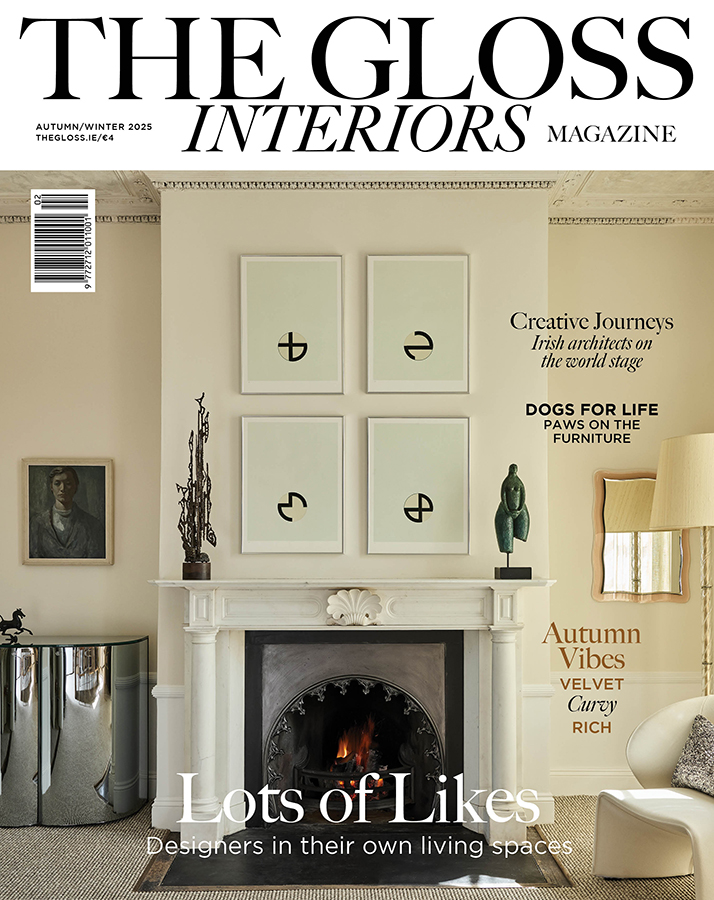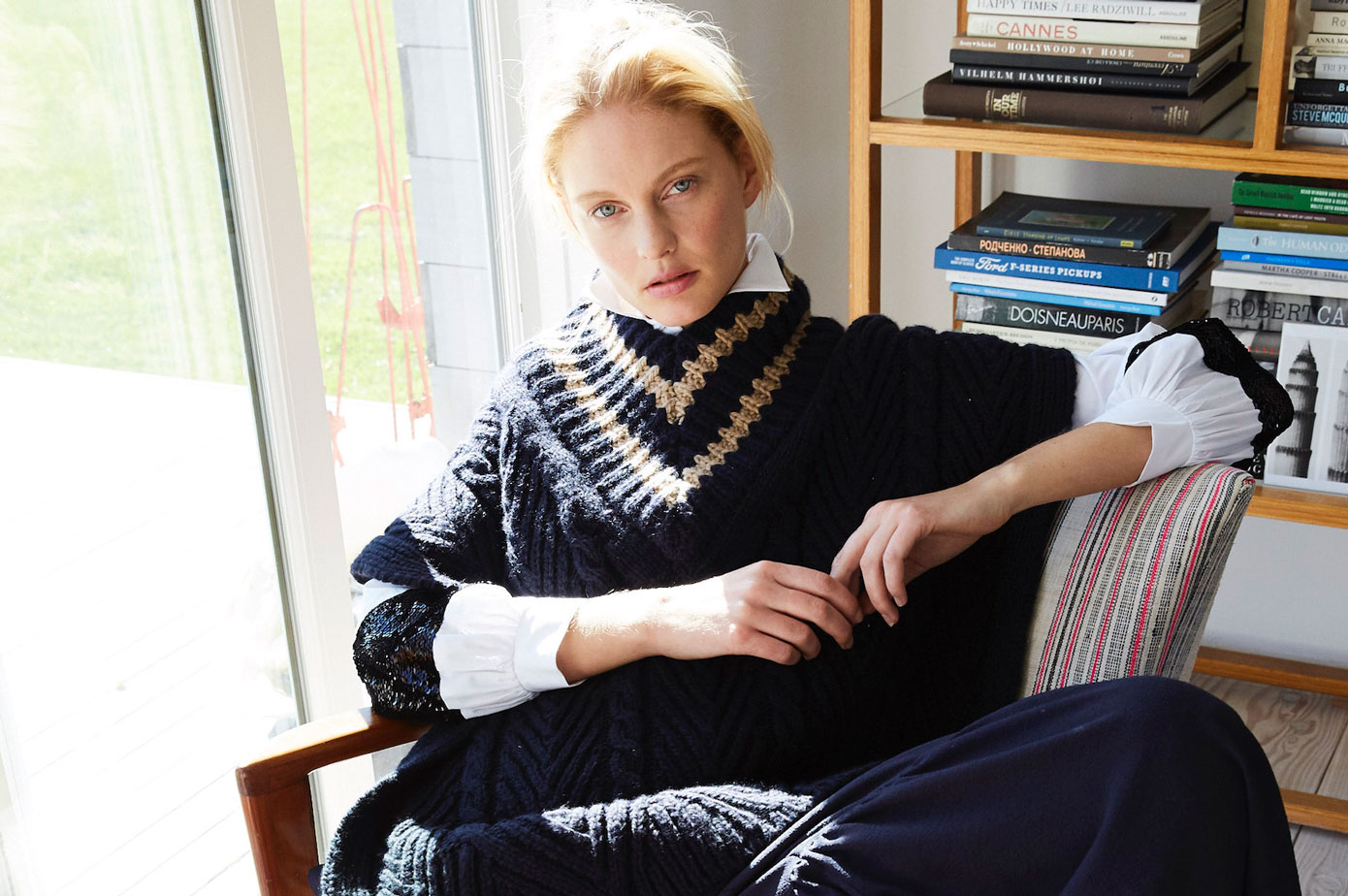Hands up if you’re feeling overwhelmed? A good session of doing nothing might help. Sadhbh O’Sullivan explores the pros, and the pros, of incorporating inactivity into daily life …
Doing nothing is offered up as the antidote to a world focused on productivity and success by any means. It offers relief from the stress and burnout that this current work culture ushers in. Doing nothing is an active choice where you deliberately sit just with yourself, no distractions. It sounds equal parts inviting and intimidating – given we’re used to having at least one screen to distract or entertain us at any given time, the idea of just you and the plinking of your restless thoughts against each other for company feels alien. More than that, it often feels like a pipe dream.
As Oliver Burkeman wrote for The Guardian, when we say “doing nothing” we really mean doing “nothing useful”. And what many people take to mean nothing useful is that what is useful is what makes us “productive” in the career-furthering, self-improving sense of the word.
But usefulness, to me, can’t just mean career focus. The demands of life’s most mundane admin – laundry, cleaning, replying to messages, booking appointments – are just as useful to my life. In fact, whenever I do have the chance to breathe between “productive” work or social commitments, I feel more guilty that I’ve let my wife pick up the slack than I do about not improving my career prospects.
This seems to me to be the crux of the “doing nothing” problem. Put bluntly, when there is so much to do to keep the wheels turning, let alone “improve you”, where can you fit in this nothing? And at the same time, when over a third of Irish adults say they regularly suffer with stress, how can you afford to not try?
These are the questions that bring people back repeatedly to this idea. Brian O’Connor, Professor of Philosophy at University College Dublin, has long championed what he calls idleness, an idea that he built out into a story for Time magazine. In it, he wrote that “The ever-tightening connection between our work and our personal identity constricts even more. We come to believe that being idle at all is, somehow, the antithesis of freedom. But we would do well to think about idleness more, and rather differently from how we do.”
“Doing nothing has the potential to reveal to us who and what we are, beyond the never-ending tasks we set ourselves or that are set by others.”
Just before she retired from professional tennis, on the Imposters podcast: Serena Williams’ husband Alexis Ohanian celebrated the fact his wife has honed switching off into a skill: “[My wife’s] got like a switch in her brain where when she’s not on the clock, she is off, she is not thinking about tennis or business or fashion or anything. I’m certain that is a muscle she’s exercised her entire career.”
While Williams is arguably still “on” for much of her life, these acts of consciously switching off, according to therapists, are indeed good for us.
Sheri Jacobson, retired psychotherapist and founder of Harley Therapy platform, tells me that doing nothing “allows our brain to process previous events and to recharge mentally and physically”. This can act as a refresher for when we return to action. On a more philosophical note, existential psychotherapist Ali Ross notes that this is invaluable to us in society as we are human beings, not human doings. As he says, “Doing nothing has the potential to reveal to us who and what we are beyond the never-ending tasks we set ourselves or that are set by others. It is an age-old question going back to some of our most ancient texts.” Ross adds that this can be intimidating precisely because people don’t want to find out the answers to those questions: “Doing nothing can be hugely threatening to an individual who fears what might catch up with them if they finally stop and take a moment.”
This is also what makes it so therapeutically beneficial. As Sheri Jacobsen explains, it ties into the concept of “free association” in therapy – a concept advanced by Freud where “we allow whatever comes to mind to surface”. She says this is beneficial both inside and outside the therapy room, as it “can help us get in touch with feelings that we weren’t aware of”. In the same way, it can boost creativity as it activates what neuroscientists call the Default Mode Network (DMN) where new dots are connected and ideas generated.
The positives are compelling, it’s just that we are not on equal footing when it comes to carving out time. Take, for example, trying to balance “nothing,” with returning to work after maternity leave. My friend Idgie, 30, would have to switch off from care for her son, worries about bills and her new job, family, and friends. It’s not impossible but it’s hard.
“Sleep is probably the only time I’m definitely doing anything near ‘nothing’,” she says. “Instead, I take part in a specific type of “doing nothing” that fills all new parents with guilt. It turns out parenting and working is a full-on, full-time activity and so in moments where you don’t have to do something, your brain is so tired all you can do is mindlessly scroll through social media. Then you feel guilty or anxious for not using that time productively – especially if you could have had a much-needed nap instead.”
Idgie points out that knowing conscious rest would make her life easier doesn’t make it more accessible: “I know that being on my phone, listening to a podcast or generally keeping my mind occupied probably doesn’t count as switching off. But my time is so full of external pressures that I really value the moments where I can occupy my mind and catch up with stuff that I’m interested in or care about.”
Another older woman I spoke to has worked at a gallop for 30 years. Where once she wore her work ethic as a badge of honour, at 53, she knows it’s vital to carve out some do-nothing time. “I am more prone to ‘overwhelm’ as they call it now, than I was in my 40s or 30s. But although I know it is good for me, I find it really difficult to actively do nothing. I am programmed to think there is always someone – adult child, elderly parent, friend in need – or something – kitchen cupboard, garden shed, pile of laundry – that needs attention. Or, with time on my hands, why I am not learning Spanish or fitting in another exercise class.”
The search for a way to fit in “doing nothing” will never have a one-size-fits-all solution – life is just too varied and changing for that. However, there are some key ways to carve out active nothingness if you can (as opposed to actively avoiding responsibilities on the one hand or powering through on the other).
One way Ross advises is looking at the difference between feeling present or feeling absent. “If I choose to do nothing, I become open to how I am, however I am. Whatever I feel, I feel it presently, I am alive to it. Doing nothing to avoid responsibilities won’t feel like any one thing in particular.”
Equally, you should be mindful of your capacity for stress, says Jacobsen, so you can find the balance between ticking off tasks to allow for rest and powering through instead of resting. “As humans we only have capacity for a certain amount of stress,” she explains. “After a certain point, we start to experience distress whether it’s emotionally, physically or both. Stress tolerance varies from person to person so it’s worth paying attention to when we think we are nearing our capacity.”
On top of this, Jacobsen advocates for self-compassion to go along with any dose of doing nothing you can manage, as it can be hard to switch off and often takes effort. For the same reason, seeking the support of others is crucial. Finding small ways to share the burdens within your family or can ease the stress.
The demands of life can make doing nothing seem like a fantasy. But a combination of self-compassion and realism could open doors for all of us to have a moment, a real moment to ourselves. Just don’t beat yourself up if you can’t find that time, because whatever works is what’s best for you.
Sadhbh O’Sullivan is health and living editor at Refinery29 UK.
LOVETHEGLOSS.IE?
Sign up to our MAILING LIST now for a roundup of the latest fashion, beauty, interiors and entertaining news from THE GLOSS MAGAZINE’s daily dispatches.





